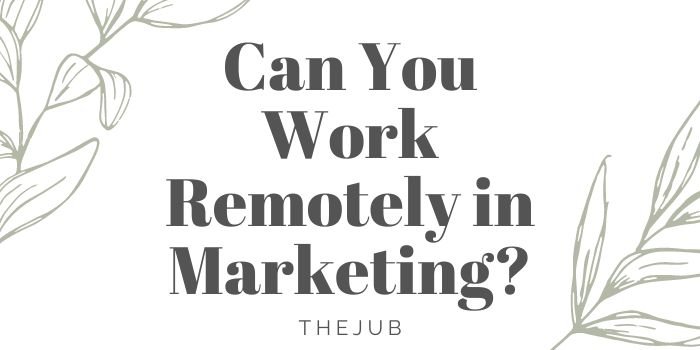What Does White Collar Mean?

What Does White Collar Mean
White collar is a term that refers to certain working professions. But why do people still use it? Read on to learn more about the meaning and history of the term “white collar.”
Questions Answered:
- What does white collar mean?
- History of the term
- Jobs that are considered white collar
What does White Collar Mean?
The term “White Collar” refers to professions done in offices and similar professional settings that typically require a business-professional dress code and do not consist of manual labor.
Generally speaking, anyone sitting in an office, cubicle, or desk would be considered a white-collar worker. In that case, I’m considered white-collar typing away on my computer, putting together the final touches on this article.
The other categorization of professions is “blue collar,” which refers to more physical jobs, such as mechanic, construction worker, contractor, plumber, and similar hands-on jobs that don’t use a desk or computer.
These jobs don’t usually require a college degree, while white-collar careers often do. Blue-collar workers rarely use a desk or find themself in an office, as most perform their work in various places.
This term isn’t always so straightforward, either. Some jobs are considered white-collar but require workers to get their hands dirty and be on their feet.
Good examples of these workers include doctors and realtors, who are up and about but don’t often perform manual labor.
The History of “White Collar”
White collar refers to the crisp, clean “collar” office workers would typically wear. Manual laborers didn’t wear suits and ties but instead opted for more casual button shirts, which were blue in color.
Today, office workers and manual laborers wear all different colors and kinds of shirts, but this was once the norm.
The American writer Upton Sinclair is credited with coining the term “white collar worker” to refer to office jobs. Most American and European office workers in the 19th and 20th centuries had to wear clean white dress shirts with crisp collars.
The phrase once had positive connotations, referring to well-respected and educated workers. But it has become a more neutral phrase, as blue-collar workers are often just as respected and knowledgeable as office workers.
Related:
Jobs Considered White Collar
Below are examples of jobs considered to be white collar, regardless of whether these workers do their job in an office or not.
- Lawyer
- Accountant
- Investor
- Financial Advisor
- Computer programmers
- Doctors
- Corporate executives
- Marketing directors
- Architects
- Stockbrokers
- Dentists
- Dietitians
- Engineers
- Academic professions
- Human resources
“Did you know that a typical corporate job posting will attract 250 resumes on average? With this in mind, you might want to think twice before just throwing your resume in with the other 249 again and again.”
— theMuse
Wrapping Up | What Does White Collar Mean?
There you have it – hopefully a pretty straightforward description of white collar and where the term came from. In the 1800s and 1900s, the workforce was pretty clear. But as the world continued to embrace new tech, more crossover between blue-collar and white-collar jobs took place.
Understanding these different terms can help you determine what career path suits your strengths and weaknesses.
We hope this helped, but please get in touch with us with any questions about the subject or your career. Best of luck in your job search!
Title: What does white collar mean?
Category: Career Resources
Tags: what does white collar mean, white vs blue collar, what’s the difference between white collar and blue collar, white collar jobs, white collar jobs meaning, are doctors white collar, white collar job examples
Co-Author: Becky is a contributor for theJub. She’s a writing and talent acquisition specialist who loves to apply her skills through creative writing and editing.






